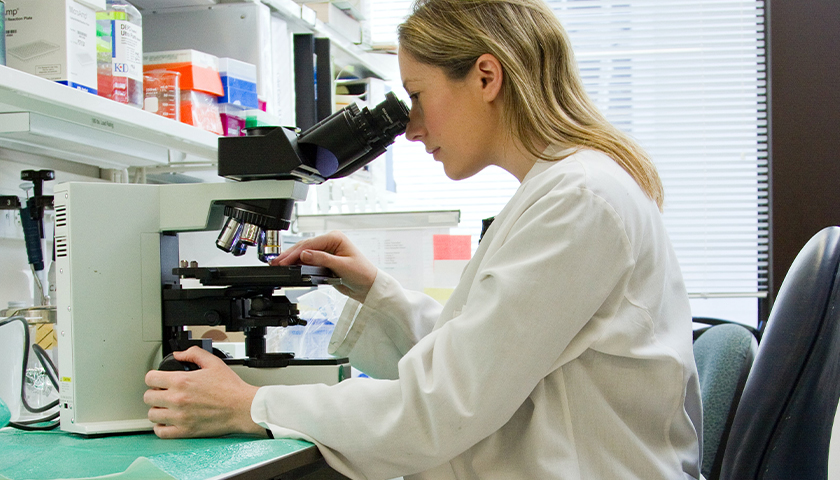Vanderbilt University Medical Center is studying the effects of three “repurposed” drugs in treating mild and moderate symptoms of COVID-19.
The study – a part of a large, national study begun earlier this year – is examining the effectiveness of Ivermectin, Fluvoxamine, or Fluticasone on the symptoms of the illness.
According to the National Institute of Health, which provided funding for the research, the study could assist sick individuals who do not yet require hospitalization.
“While we’re doing a good job with treating hospitalized patients with severe disease, we don’t currently have an approved medication that can be self-administered to ease symptoms of people suffering from mild disease at home, and reduce the chance of their needing hospitalization,” NIH Director Francis S. Collins, M.D., Ph.D. said in a statement announcing the study in April. “ACTIV-6 will evaluate whether certain drugs showing promise in small trials can pass the rigor of a larger trial.”
Although more commonly known for its use as an anti-parasitic, a paper published by the NIH in January stated Ivermectin’s antiviral properties could be useful for combatting COVID-19.
However, the paper emphasized in its abstract statement:
Ivermectin is an FDA-approved broad-spectrum antiparasitic agent with demonstrated antiviral activity against a number of DNA and RNA viruses, including severe acute respiratory syndrome coronavirus 2 (SARS-CoV-2). Despite this promise, the antiviral activity of ivermectin has not been consistently proven in vivo. While ivermectin’s activity against SARS-CoV-2 is currently under investigation in patients, insufficient emphasis has been placed on formulation challenges. Here, we discuss challenges surrounding the use of ivermectin in the context of coronavirus disease-19 (COVID-19) and how novel formulations employing micro- and nanotechnologies may address these concerns.
(emphasis added)
The national study seeks 15,000 participants and can be completed from a participant’s home.
In order to qualify for the study that will run until December 2022, interested parties must meet certain qualifications:
- Are 30 years old or older.
- Tested positive for COVID-19 within the past 10 days.
- Have at least 2 COVID-19 symptoms for 7 days or less. Symptoms include fatigue, difficulty breathing, fever, cough, nausea, vomiting, diarrhea, body aches, chills, headache, sore throat, nasal symptoms, and/or new loss of sense of taste or smell.
After joining the study, a participant will be sent one of the three medications or a placebo to take during their quarantine period. As they take the medication, they will document any new or improved symptoms.
– – –
Cooper Moran is a reporter for The Star News Network. Follow Cooper on Twitter. Email tips to [email protected].








